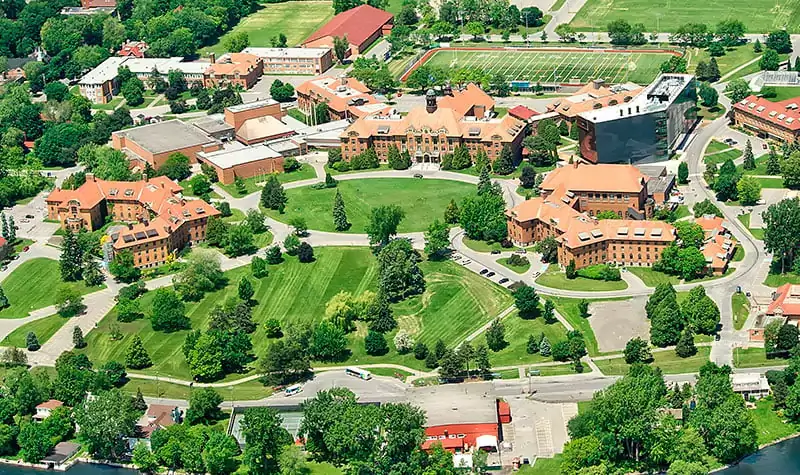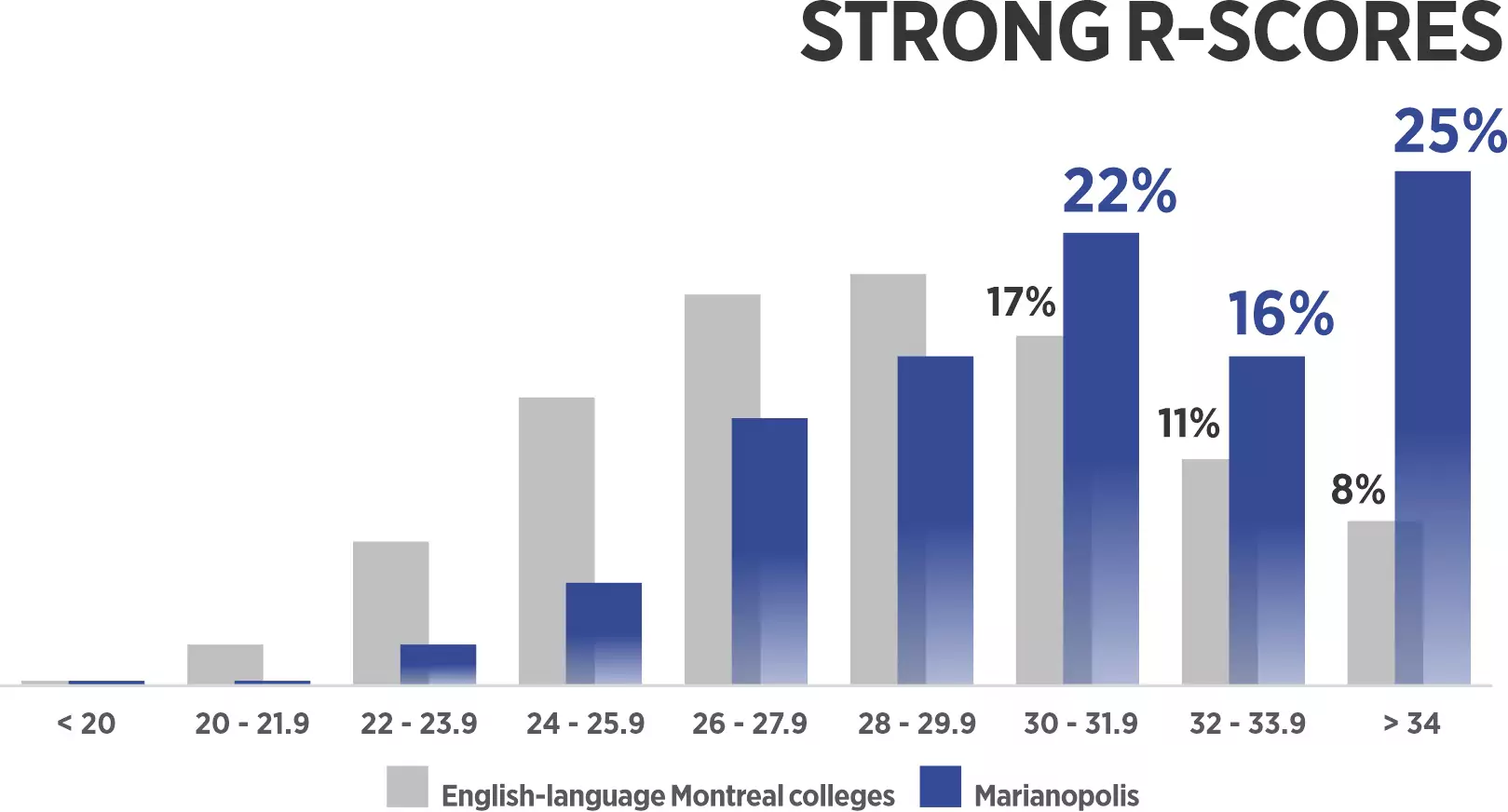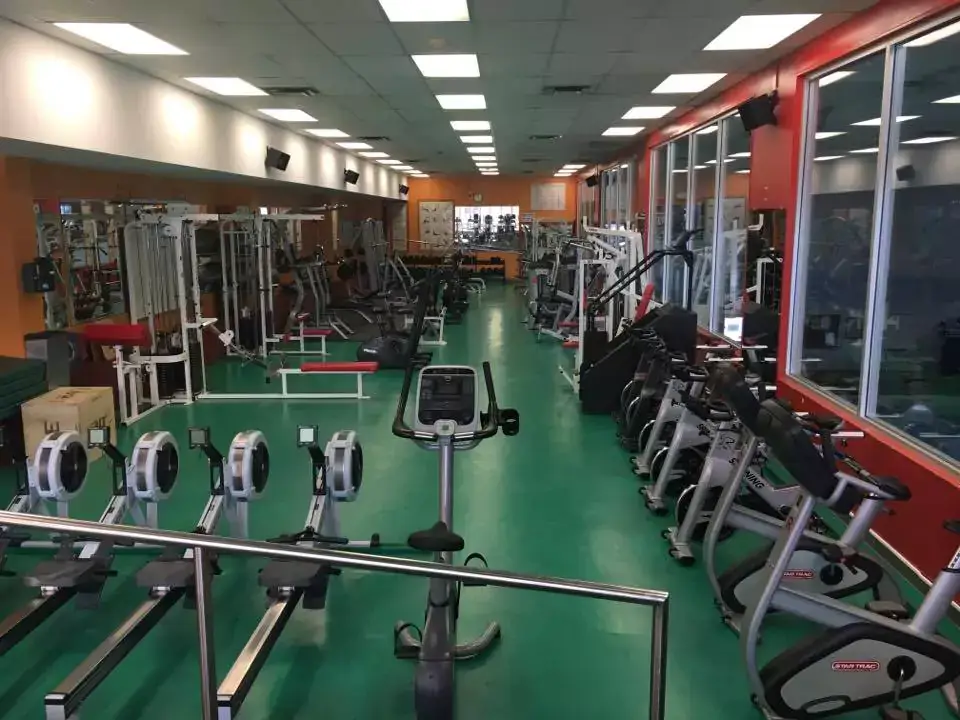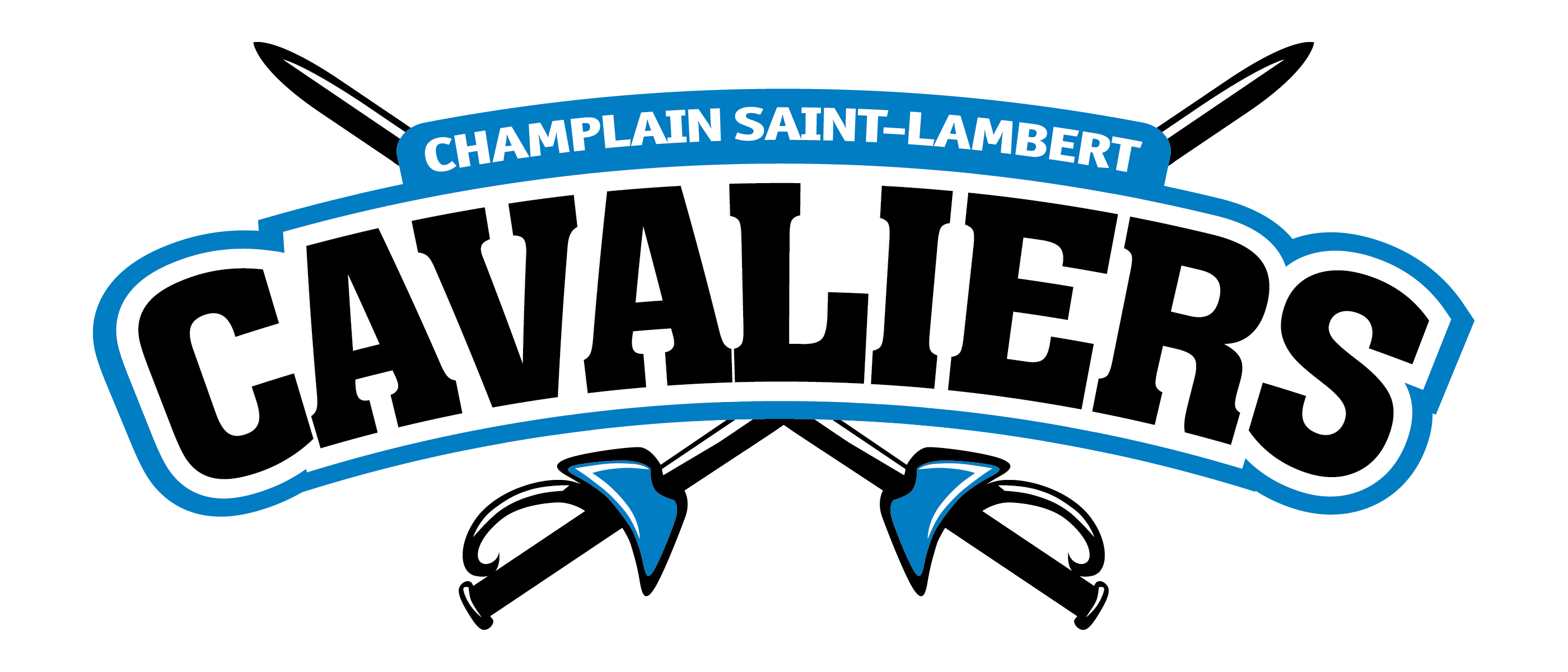Choosing a CEGEP and Program
With CEGEP, you have the freedom to choose and apply to the program/programs that truly interest you—whether you're passionate about social science, the arts, or the sciences, there's a college program out there for you!
The first step to finding what fits you is to explore. This means exploring your interests, values, as well as identifying your goals and skills. You'll also want to explore your options—look at what CEGEPs have to offer and see how they match up to your personality. (We'll look at this in more depth in the Factors to consider parts of this page.)
It's also important to keep in mind that many CEGEPs give you two choices on their application, so you'll likely want to identify two or three programs of interest for each college. Formulating strategies and back-up plans will be key for CEGEP applications. (We'll discuss this more in Making smart choices.)
Factors to Consider: CEGEP
Since you should always apply to multiple CEGEPs, this part is more to help you determine which ones could be the best fit. The following is a list of some criteria you may want to reflect on when researching and considering a CEGEP.
Disclaimer: This is not meant to substitute the advice of any guidance counsellor, academic advisor, or any school professional who provides services of the sort.
Location
John Abbott College campus

Photo by Maclean's. Copyright by St. Joseph Communications, 2021.
Would you prefer a campus in downtown or away from urban centres? Do you want to live directly on the school campus*?
Depending on your situation, commute time and access to public transportation may be important factors when choosing a CEGEP. On the other hand, maybe you're simply looking for a college with places nearby to go for lunch or to study between classes.
*Not all colleges are equipped with student residences.
Finances

Photo by Michael Longmire on Unsplash.
Finances primarily refer to tuition, scholarships, financial aid and bursaries. Are you willing and able to pay for private, or will you simply attend a public CEGEP? Do you require financial assistance? Will you apply for scholarships and/or bursaries?
Student fees at public CEGEPs are relatively low: Quebec residents can expect registration and service fees totalling roughly $200 per semester, while non-Quebec residents* and international students will be additionally charged tuition fees (amounts vary by institution). You'll also want to keep textbook costs in mind, as those are never included in student fee totals.
*To verify whether you qualify as a Quebec resident, see this form: https://www.dawsoncollege.qc.ca/public/services/finance_department/quebecresidenceformenglish.pdf
**This site does not provide financial information on any school. Visit the official sites for information on tuition, scholarships, financial aid and the like.
Program Options
Child Studies at Dawson College

Photo by Dawson College. Copyright by Dawson College, 2021.
Does the CEGEP offer your program of interest? What distinguishes the program at this particular college from other colleges?
Perhaps a CEGEP offers special opportunities such as field trips or exchanges for this program, or it has a unique program grid (unique courses, etc.) that interests you.
Reputation
Reputation isn't necessarily the same as ranking! You can certainly consider the ranking of a college if you'd like, but remember that the highest-ranked school may not be the best fit—everyone learns in different ways and at different paces.
Marianopolis College R-Score Statistics

Graph and statistics by Marianopolis College. Copyright by Marianopolis College, 2021.
Taking into account the reputation of a CEGEP doesn't mean blindly believing every rumour about the college. While student testimonials can give you an idea of what the CEGEP is like, try looking at statistics, professors, alumni, and more. (Even better yet, go for a visit to see the CEGEP for yourself!)
Community, Resources and Services
Some students prefer the idea of being part of a large student population, while some favour a more close-knit school community, perhaps with smaller class sizes and/or a lower student-teacher ratio.
Moreover, facilities are a key factor for students. It's probably safe to say that all CEGEPs have nice classrooms, advanced technology and excellent libraries, but that promise isn't quite enough. For those pursuing music, well-maintained practice and recording rooms, among other facilities and resources, are a must. In the case of Science students and more, modern computer labs and science labs are crucial to their learning, whereas a student athlete may look for high-quality athletic facilities and training equipment.
Fitness Room at Vanier College

Photo by Vanier College. Copyright by Vanier College, 2021.
Last but not least, you'll want to make sure the college has plenty of student services and support available. Some basic services involve academic advising, mental health support, health services, accessibility, learning resources, IT, language support, financial aid, and many others. If you require a specific kind of service or assistance, consult official college sites to ensure the institution provides it.
Clubs and Activities
Champlain St-Lambert Athletics: The Cavaliers

Photo by Champlain St-Lambert. Copyright by Champlain College Saint-Lambert, 2018.
Student life is a big part of college as well! CEGEPs have lots to offer when it comes to extracurriculars, the most obvious being student clubs and sports teams. There's more to look for, though: field trips, distinctive opportunities like a robotics team, cultural offerings...
Factors to Consider: Program
Choosing a program isn't always easy. Maybe you're unsure of what you like, of what path you want to take, or you don't know what options are out there. (If it's the latter, check out our What is CEGEP section, which has information on CEGEPs, programs, and more.)
And without further ado, here are some factors to consider when choosing a CEGEP program.
Type of program
What type of education are you looking for? In CEGEP, you have the choice of pre-university (typically 2 years) or technical (3 years) programs.
Visual Arts at John Abbott College

Photo by John Abbott College. Copyright by John Abbott College, 2020.
Are you in a hurry to join the workforce? A technical program may be the answer for you—technical programs concentrate on a specific technology, and after taking one of these, you'll be fully qualified to enter the workforce.
Do you want to go to university after CEGEP? A pre-university program may be the better fit. Most pre-university programs are both subject-specific and general enough for you to explore your discipline of interest and learn about other fields.
Prerequisites
This is perhaps the most important one of all: check every program's prerequisites! Many programs have more requirements in addition to a high school diploma, so you need to make sure you have all the credits needed to apply to the program and that you submit all necessary documents (ie. letter of intent)
Some common additional prerequisites are: Secondary V Math SN/TS* (506), Secondary V Physics (504), Secondary V Chemistry (504), Letter of Intent, Portfolio. A few programs may even require an interview.
Program prerequisites can be found on official CEGEP sites and in their viewbooks, the links to which you can find at CEGEP Links. (Our Program Comparison Tool also lists prerequisites, but we recommend visiting official sites and resources to confirm.)
*SN Math is commonly referred to as "scientific math" or "math science option". For youth sector secondary school students in Quebec, 6-credit math courses should meet the math prerequisite, but please double-check to confirm that you meet all requirements.
Cutoffs
CEGEPs evaluate applications in slightly different ways, but your grades will always be a determining factor. In addition to checking for prerequisites, several programs have required average grades and/or minimum grades, and some have program-specific averages that are calculated in addition to your overall average.
CEGEPs will post grade minimums online (some programs don't necessarily have any), which you'll want to look over if they're available. Note that the real cutoffs are calculated based on the grades of the previous year's applicants and tend to change every year. These "real" cutoffs are NOT the ones found online or in viewbooks.
You may also find the Program Comparison Tool on QUÉtudes-info helpful, as it lists prerequisites and cutoffs specified by CEGEPs on their websites, viewbooks, program brochures and more.
Passions and interests
Here are some simple but significant questions to reflect on: What drives you? What piques your curiosity? What motivates you?
It's okay if you have multiple answers to these questions. If you're having trouble coming up with responses or narrowing things down, try thinking about your strengths, likes and dislikes. What are your strongest subjects at school or even outside of school? What do you enjoy learning or doing the most? What are the disciplines you'll want to avoid for sure?

Photo by Element5 Digital on Unsplash.
- Do you have a favourite subject at school?
- Do any particular disciplines interest you?
- Math, the sciences (physics, biology...), the social sciences (geography, history, business...), the arts...
- What are your hobbies? What are some things you like to do in your free time?
- Photography, blogging, programming, solving puzzles, drawing, painting, woodworking, crafting, reading, writing, acting, singing, playing an instrument...
- Is there anything you enjoy studying, whether it's at school or in your own time? Do you like to self-learn?
Give the future some thought as well—what are some prospective university majors or careers for you? Do you aspire to be a scientist? An engineer? An educator? Do you see yourself becoming an artist or performer?
These are some things to think about on your own, but also to discuss with someone else if you so wish—that person may be the guidance counsellor, a teacher, your parents, a trusted adult…
- Do you have a dream job? What are some careers you think you'll enjoy?
- How do different jobs align with the disciplines you like? With your strengths and traits?
- What about the careers that would be a mismatch? Why do you think that those jobs wouldn't suit you?
- Where do you see yourself in the near future? In 5 or 10 years?
- Think on your past experiences and opportunities—what did you learn from them? What was the best part of an activity? What were your favourite memories?

Photo by Max Duzij on Unsplash.
At the end of the day, just do your best to choose a program that aligns with your passions and interests: if you're undecided, start by eliminating anything that doesn't appeal to you, and pay attention to what you like, both at and outside of school. Do you enjoy reading, analyzing texts, or writing? Perhaps you like technology, computer programming, problem solving or conducting experiments? Or maybe you find that you love to socialize, that helping others and empathizing with them comes naturally to you… the list of possibilities goes on and on. Get to know yourself and understand who you are—interests, hobbies, values, goals, skills, character traits and habits—it's all part of exploring your personality and what the future holds for you.
Tip: try comparing pre-university programs with our Program Comparison Tool